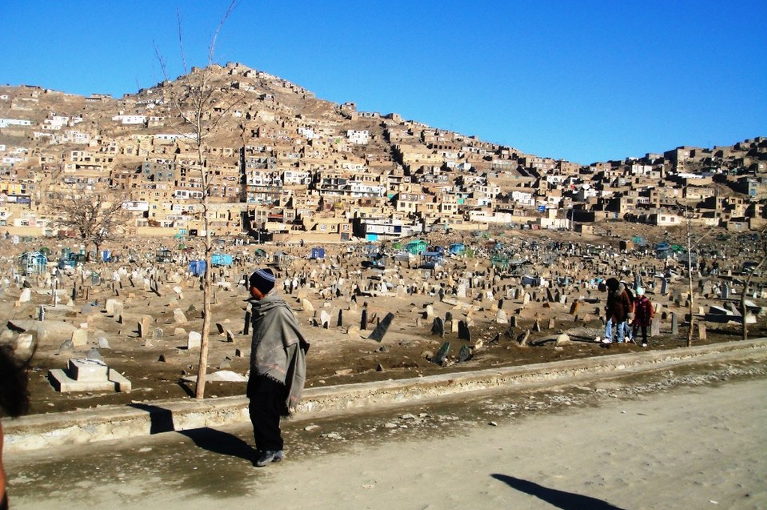This is a long overdue review of a book that could not be more important. I read Gough’s Heat, Greed and Human Need: Climate Change, Capitalism and Sustainable Wellbeing soon after it was published, and I have taken my time to digest and reflect on its messages. Since then, the book’s messages have only become more salient, as young people have gone on strike from school to call out political intransigence to the climate crisis, as scientists’ warnings have become more stern and their connection of the climate crisis with the operation of the economic system less tentative, and as the UN Special Rapporteur has exposed the UK government’s inadequate support (at best) for people failed by the economic system.
This book is rich – and dense. It is not a page turner, but a ‘page-returner’. I found myself leafing back to re-read sections in order to grasp subsequent discussions. But the research and reflections contained between the covers provide the intellectual foundation for the protest placard ‘System Change Not Climate Change’.
Gough is one of the world’s greatest scholars on human needs (he explains his intellectual journey in a short autobiography). His work, with Len Doyal, shows that basic needs encompass physical health, autonomy of agency (mental health, cognitive understanding, opportunities to participate), and critical autonomy. They are satisfied by access to things such as adequate food and water, protective housing, safe work environment, healthcare, and significant primary relationships, and in turn optimized by freedoms from (civic and political rights), freedoms to (rights of access to need satisfiers), and political participation.
Since human need theory draws on eudemonic psychology (which underscores the recognition of three universal needs: autonomy, competence and relatedness), Gough’s work is influential for those who are a little skeptical about the merit of wellbeing as individual self-reported happiness in the hedonic sense. He reminds us, for example, that preferences and wants are shaped and context matters, so simplistic assumptions about one number or one question about how people feel are problematic. In contrast, “human needs are objective, plural, non-substitutable and satiable”.
Heat, Greed, and Human Need takes this focus and puts the attainment of human needs in the context of the climate crisis, given the scientific realities and lived experience faced by communities around the word. He does so by explaining how both rising heat (due to climate change) and resultant challenges in meeting human needs have their root cause in the greed embedded in – and exacerbated by – the current economic system: ‘neoliberalism’. This is an economic agenda characterized by belief in the superiority of markets (especially when spread across global production networks, and when the financial sector flourishes) and a disparaging approach to the role of government and collective action.
The pursuit of economic growth, which is inherent in this system, has been “at the cost of growing inequalities of wealth and income…Another way that growth undermines wellbeing is through the commodification of more and more aspects of life”.
In other words, while human needs theory tells us that everyone has psychological needs for autonomy, competence and relatedness, “economic growth often fails to nurture and nourish” these needs.
Worse, when the climate crisis is taken into account, Gough reports that research and modelling show increasing the efficiency of production won’t be enough – unfortunately for proponents of a ‘technical’ solution.
Instead, the task is to change the pattern of consumption and ensure that what the ‘North’ consumes is within a corridor of minimum and maximum standards. This requires fundamental transformation of almost all aspects of the economy, including a need to:
- Invest in renewable energy and energy networks
- Transform communications
- Retrofit buildings for energy efficiency
- Regenerate natural resources
- Re-examine ideas of investment, productivity, profit and growth to align with social needs and contribution
He suggests that there are three-elements of the shift: improving production to make it more efficient in resource and energy use; transforming consumption so it encompasses less material throughput; and reducing demand for consumption in the global north. These elements are set out in turn and their possibility aided by a rich discussion of the different ‘varieties’ of capitalism as it intersects with welfare states, climate mitigation strategies – including some great typologies (always useful for a reader like me who loves a good typology!).
Gough does not shy away from pointing to the extent of political capture that drives the current mode of greed-driven capitalism, nor does he hesitate in raising a skeptical eyebrow at policies currently in vogue amongst potential readers.
On the former, he notes that the financial sector in countries such as the UK and the US has expanded due to its lobbying power, influence on governments, and ‘ability to shift investment and economic activity between jurisdictions and the structural position of finance capital in ensuring national economic survival’.
On the latter, in the face of the growing embrace of the citizens basic income agenda, Gough is cautious saying: the “idea of a citizen’s income resembles a ‘silver bullet’…[but it] could distract attention from the complex underlying causes of inequalities, ill-health and social conflict…These require ‘upstream’ systemic changes, rather than a single downstream intervention”.
This frankness and the positioning of human need delivery in the context of a planet burning up before our eyes make this rich book required reading for anyone who wants to break out of siloed thinking, who wants to understand the enormity of the task at hand, and who wants to be reminded of what the purpose of the economy should ultimately be.





